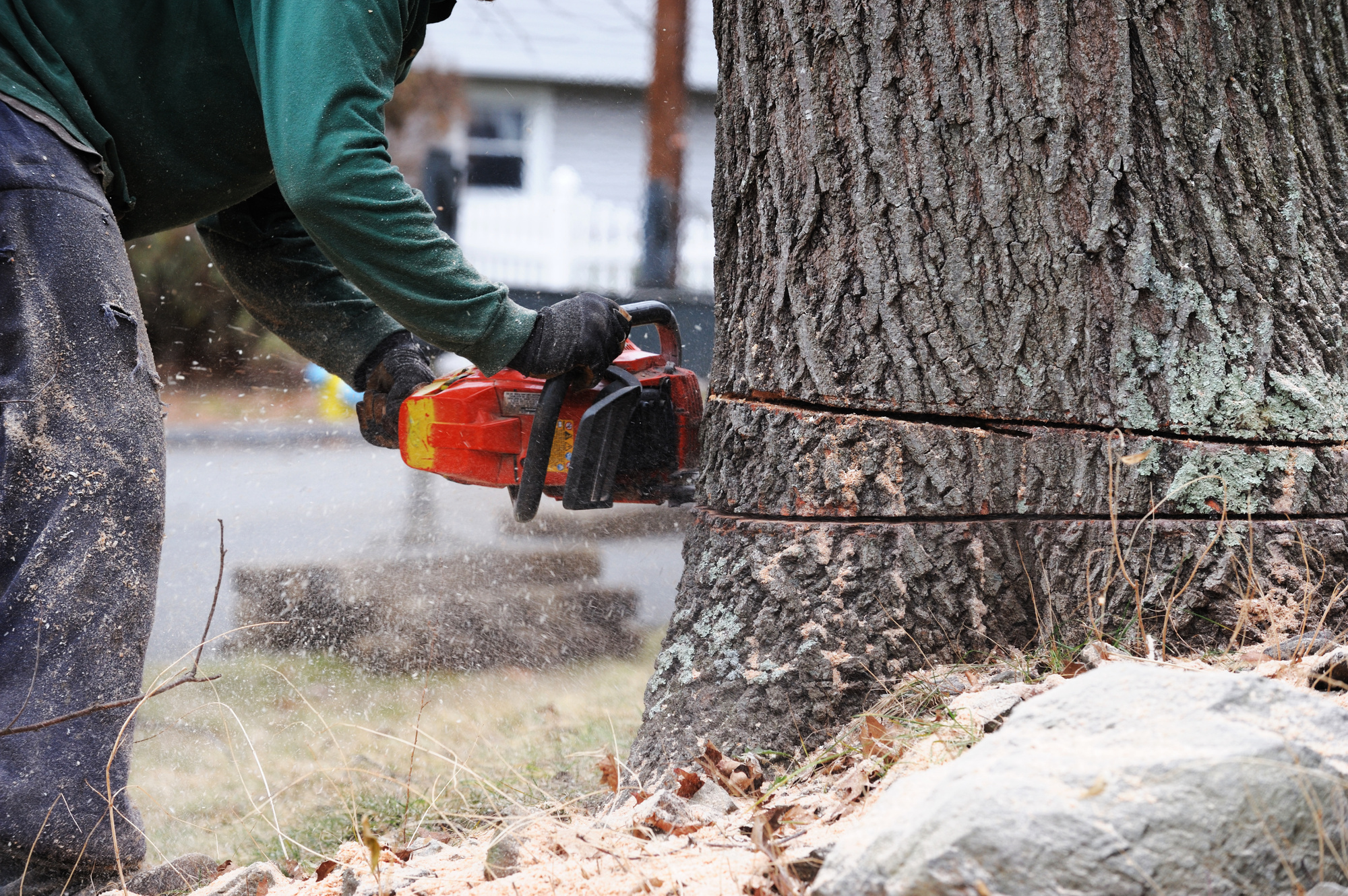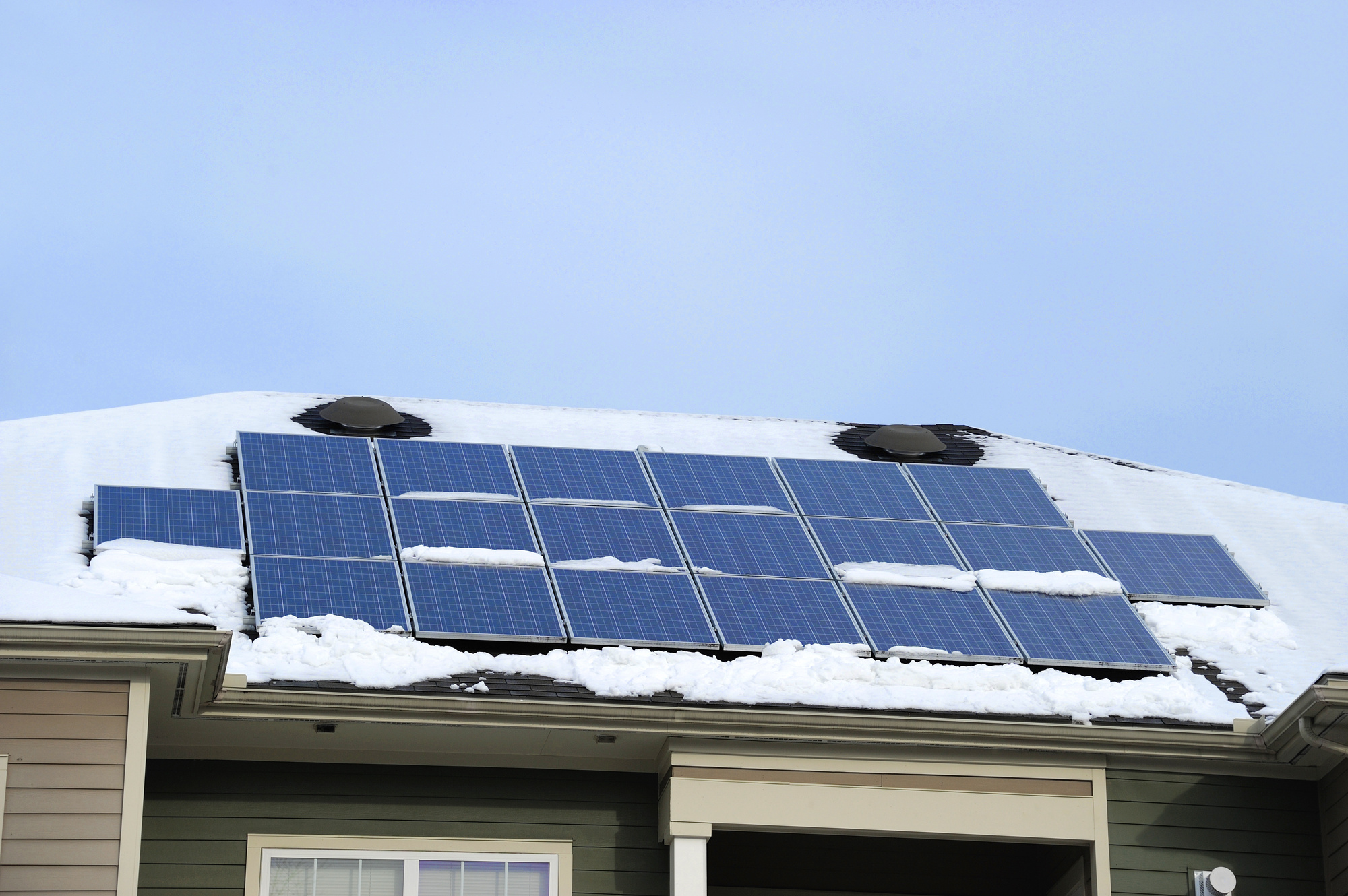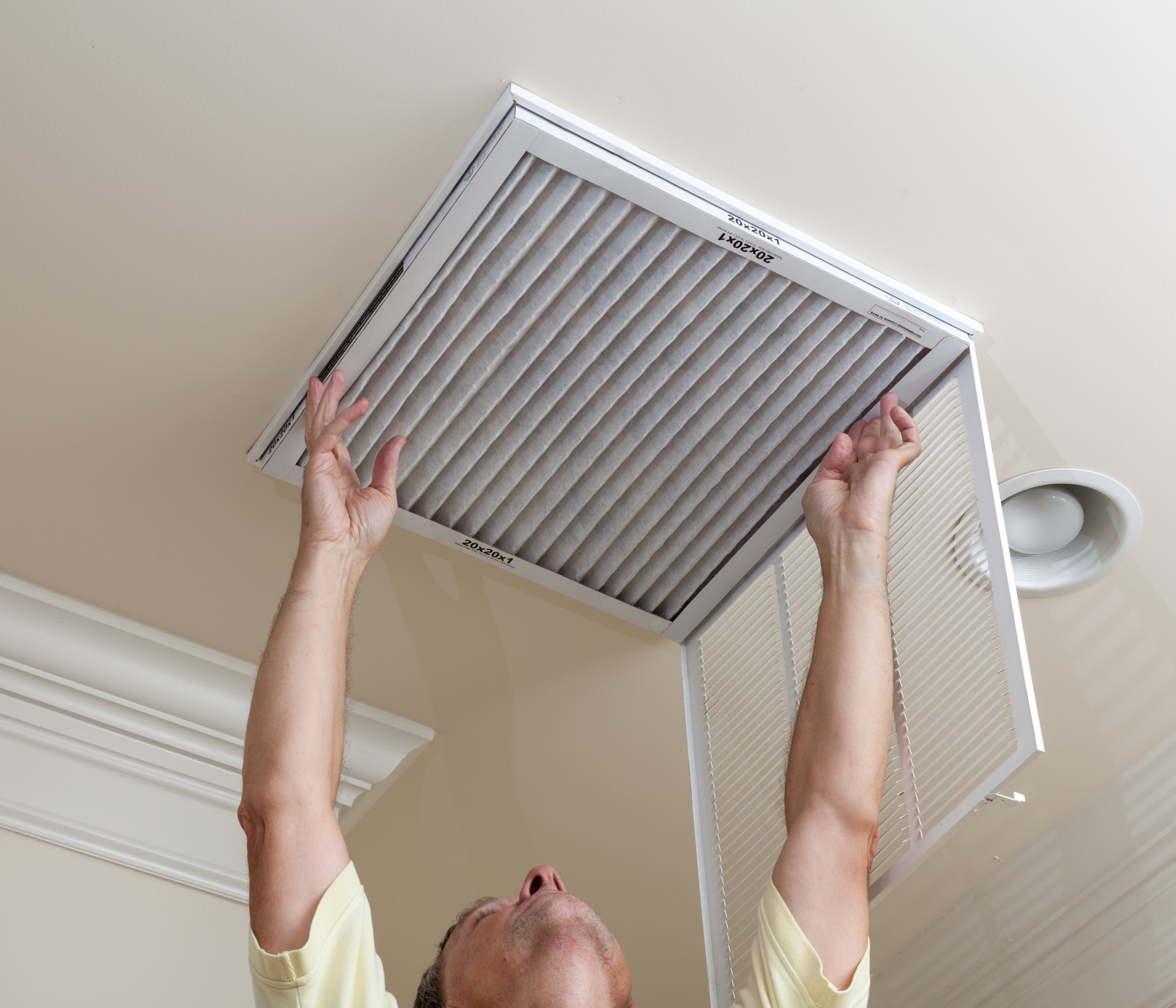Do you notice that lately, your family members are having respiratory issues? Maybe someone is sneezing, another has an irritated throat, and others find it hard to breathe? If you’re in a room with poor ventilation, the chances are that the air you breathe is going to be contaminated.
People spend 90% of their time indoors, meaning the air you breathe is mostly in your indoor surrounding. The quality of this air has a great impact on your health hence needs to be very clean. If you don’t know how to improve indoor air quality, this article has you covered.
But first, let’s understand the importance of healthy air in your surroundings.
1. Healthy Air Eliminates Allergens
Around 10 to 30 percent of people all over the globe suffer from allergic rhinitis. The symptoms associated with this include sneezing, itchy throat, irritation in the eyes, and congestion. Allergens cause hay fever, and this usually comes from airborne particles.
Particles in the air include pollen, dust, animal dander, and mold spores. You can eliminate these allergens by improving your home’s ventilation and air conditioning. You should also consider getting the right air filtration system for your home.
2. Improve Indoor Air Quality to Ensure Easy Breathing
Do you feel like you’re trying to suck air through a coffee stirrer when you breathe? The air quality in your house must be poor. You might not realize this early enough, but you can feel it depending on how your body reacts.
Breathing poor quality air will expose your body to a lot of stress. Your heart and lungs will suffer the most. You’ll feel tired quickly, and everyday activities such as climbing the stairs will be a problem.
This is the opposite of what happens if the air surrounding you is clean. When you inhale clean air, you’ll breathe easy and give your lungs enough air needed to supply oxygen to the entire body.
3. Lower Utility Bills
Many people make the mistake of switching off the AC to save on electricity and only switching it on when they feel hot. This has the opposite effect on your utility bills because the AC will work harder when you switch it on to catch up. Instead of switching off your AC, try improving the quality of the air you breathe.
Improving airflow reducing carbon dioxide levels, maintaining humidity, and improving ventilation are some of the ways to save on utility bills. By doing all the above activities, you’ll be optimizing your HVAC system so that it doesn’t work harder than required. When the system is efficient enough, you’ll reduce your utility bill costs.
4. Ensures Balanced Humidity Levels
If you have good air quality within your home, you probably have a balanced humidity. When the amount of water in the air exceeds the normal requirement, your immediate environment gets dangerous. High humidity makes you feel moist and stuffy leading to heavy breathing.
Too much moisture in your home also causes mold growth and an increase in termites and other pests. Less humidity in the air also leads to cold and dry surroundings. This results in irritation in the skin, nose bleeding, and static shock.
You should strive to keep humidity levels within your home at 45 percent. Use thermostats to display the current humidity in your home. You should also do frequent indoor air quality testing to ensure the air you’re breathing is healthy.
5. Improve Indoor Air Quality to Reduce Odors
Odors can deny you peace in your own house. Bad odors affect your mood, behavior, thoughts, and dreams. If your house smells bad, you get easily irritated and grumpy.
You cannot study or eat comfortably in a house with a bad odor. If you’re trying to focus on something, you’ll find it much harder to concentrate. Imagine walking in your house with a piece of cloth spanned on your nose.
Good odor characterized by good quality air has the opposite effect. Smells of flower, citrus, and good perfume lighten the mood around you, lowers heart rate, and reduces stress. Who wouldn’t want to be in such an environment?
6. Improved Sleep
Many people struggle with insomnia, and one of the reasons for this is the air quality they breathe. When you sleep, you’re breathing rate decreases, and it becomes steadier. What this also means is that you need healthy air to sleep comfortably.
Irritation in your respiratory organs and airborne allergens can interfere with your beauty sleep. Allergens can expose you to sleep disorders such as sleep apnea. But all these won’t be a problem if you take care of the quality of air in your house as you’ll sleep more soundly and breathe comfortably.
7. How to Improve Indoor Air Quality
There are several ways to improve your indoor air quality and protect your loved ones from allergens. One of the easiest ways to do this is to introduce plants that improve indoor air quality. Plants act as natural air filtration for homes as well as a remedy for pollutants and all the harmful substances in the air.
You can also ensure your indoor air is the best quality by constantly replacing your HVAC system filters. Sometimes pollutants can sneak into your home through vents, and the air filters prevent that.
Finally, ensure you regularly clean your ductwork so that you remove all contaminants from your home. You can do the cleaning using natural home cleaners to reduce volatile organic compounds. This way, you’ll clean the air around you and still protect the environment.
Indoor Air Quality Is More Important Than You Thought
Your home should be one of the healthiest and safest places to be. There is nothing as frustrating as getting sick because you inhaled some contaminated air in your home. So, you should always improve indoor air quality in your home to ensure everybody stays in a healthy environment.
Once that’s done, don’t forget to come back here for more health tips. This site always has some of the best tips and expert guides to help you live a healthy and happy life.










